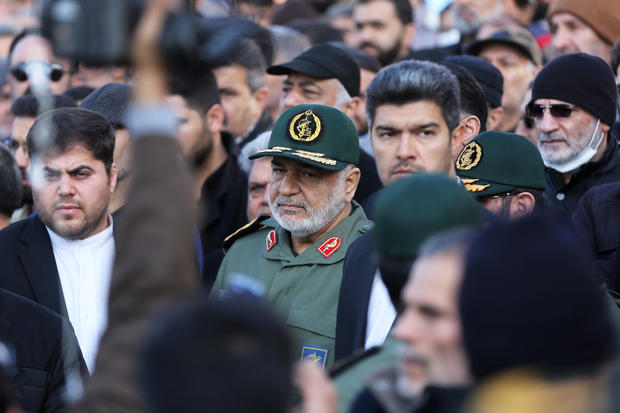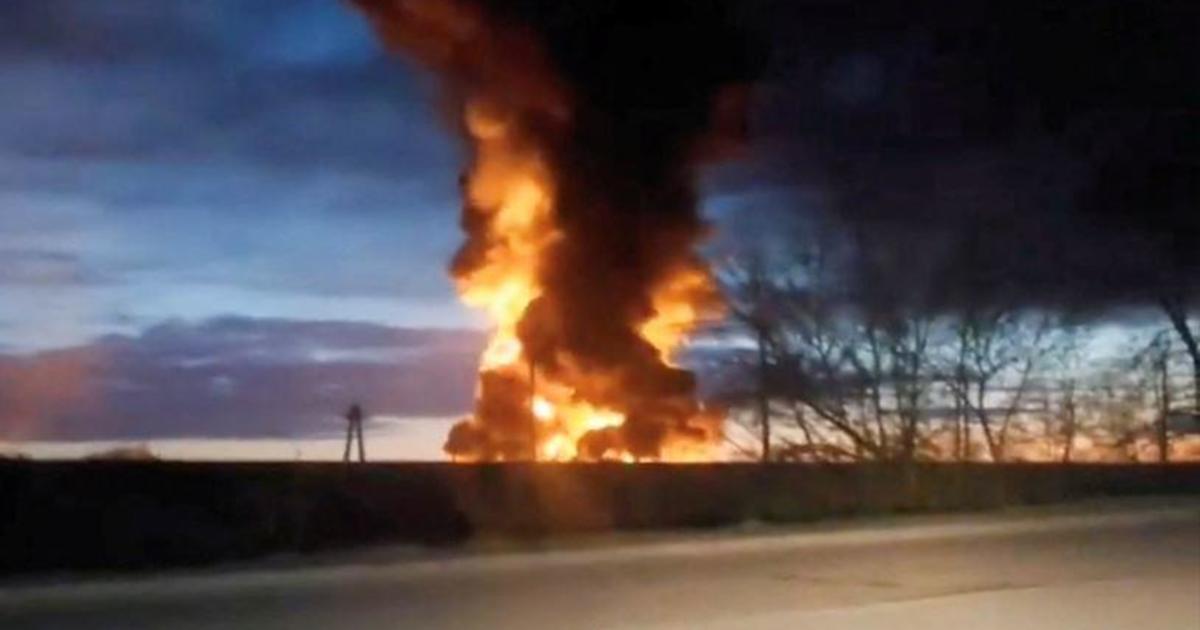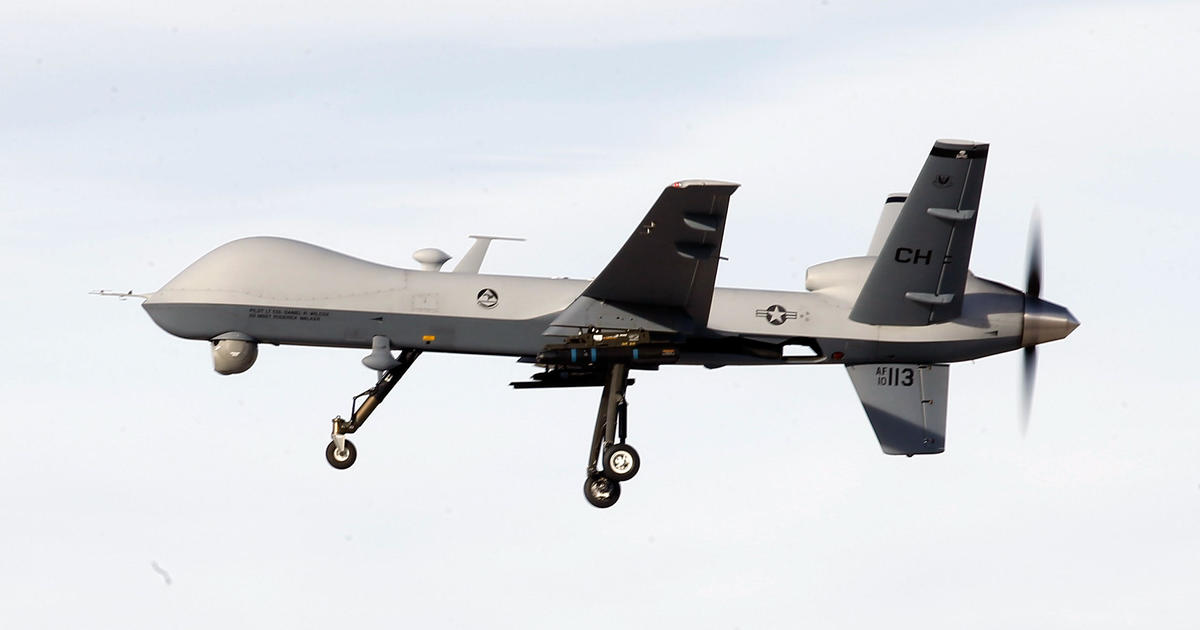What Iran's leaders and citizens are saying as the U.S. plans strikes on Iranian targets in Iraq and Syria
The world was still waiting to see on Thursday, four days after the drone attack in Jordan that killed three American service members, exactly how the U.S. would respond. President Biden blamed the strike on "radical Iran-backed militant groups operating in Syria and Iraq," and an umbrella group called the Islamic Resistance in Iraq later appeared to claim responsibility.
Mr. Biden vowed the U.S. would "hold all those responsible to account at a time and in a manner our choosing," and U.S. officials tell CBS News strikes against targets in Iraq and Syria have been approved — including against Iranian personnel and facilities in those countries. It's now just a matter of when, the officials say.
Iran's reaction to the looming threat of American retaliation against what the Biden administration calls Iranian proxy groups has been a consistent denial of any responsibility for the attacks on American forces — and a warning that any strike on Iranian territory or personnel would escalate tension in the tumultuous region, not make U.S. forces safer.
Iranian officials insist the country does not have proxies, and that the loosely affiliated collection of armed groups it supports across the Mideast, which it calls the "axis of resistance," act independently.
Iranian officials issue warnings and dismiss America's
The head of Iran's mission at the United Nations, Ambassador Amirsaead Irvani, has said there have been no direct messages exchanged between Iran and the U.S. over the Jordan attack. He's warned that Iran would respond "strongly" to any strike by the U.S. on Iran or Iranians inside or outside of the country.
A top military commander issued a similar warning.
"We are telling the Americans that you have tried us before, and we know each other well — we will not leave any threat unanswered," said Gen. Hossein Salami, commander of Iran's powerful Revolutionary Guard force (IRGC).
Esmail Kosari, a former IRGC commander who's now an Iranian lawmaker, dismissed the rhetoric from U.S. officials as "psychological warfare." He said this week that the Biden administration was "bluffing about the military attack to scare our people."
Iranian civilians react to threat of U.S. strikes
But price hikes on foreign currency and commodities in Iran show there is anxiety over how the U.S. will respond and what it could lead to, and many Iranians citizens are deeply concerned about the potential financial impact of a conflict with the U.S.
Many Iranian civilians, just like top Biden administration officials, say they don't want a war with the U.S.
"I hope it doesn't happen," Ali, who works for a private company in Tehran and didn't want to use his full name, told CBS News. "It will mostly affect ordinary people, as the economy is already in a bad enough situation and people are struggling to make ends meet. So, getting into a war with America, even if it's not a full-scale war, will make life worse than it already is, and I think people don't want it."
More fervent supporters of Iran's government tend to echo their leaders' more bullish rhetoric.
Somayeh, a Tehran resident who works as a clerk in the government sector told CBS News she supports President Ebrahim Raisi, and believes "the U.S. is afraid of Iran's strong retaliation if they strike inside Iran."
"They have some military bases near Iran that are easy targets for Iran, so they will not cross the red line," she predicted.
What happened before, and what comes next
U.S. strikes have already targeted Iran-backed groups in the region, and those attacks have drawn little response from Tehran.
It isn't clear how Iran would respond to an attack on its nationals or military personnel in Iraq or Syria, but just days after the U.S. killed a senior Iranian commander in Iraq in 2020, almost a dozen Iranian cruise missiles razed the U.S. military's Al Asad Air Base in Iraq to the ground.
Nobody was killed, thanks to a remarkable evacuation effort, but some U.S. troops suffered traumatic brain injury.
With more than 3,000 U.S. troops based at dozens of sites across Iraq and Syria, all within easy reach of Iranian missiles and the weapons held by its associated groups, the next move taken by the U.S. could have serious ramifications, even if people on both sides say they don't want a war.




